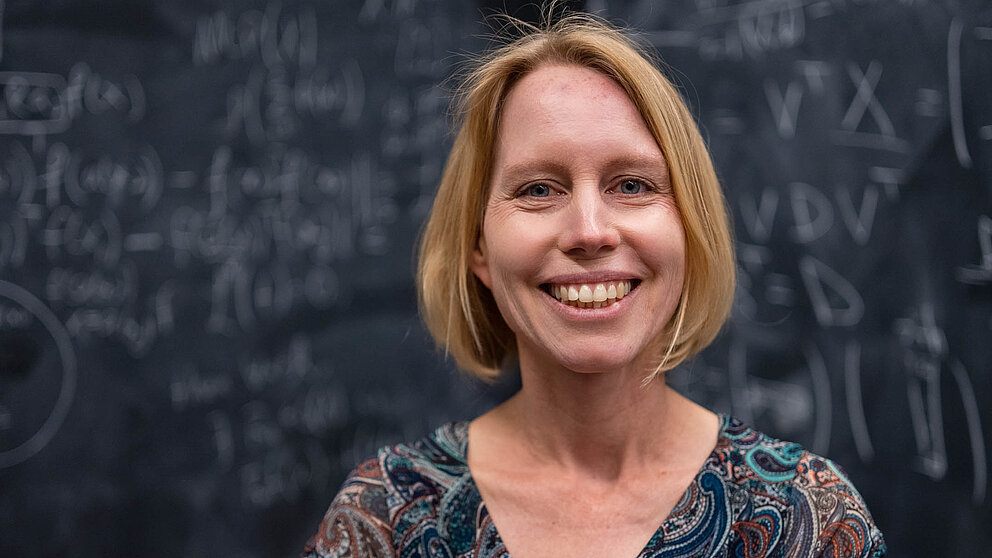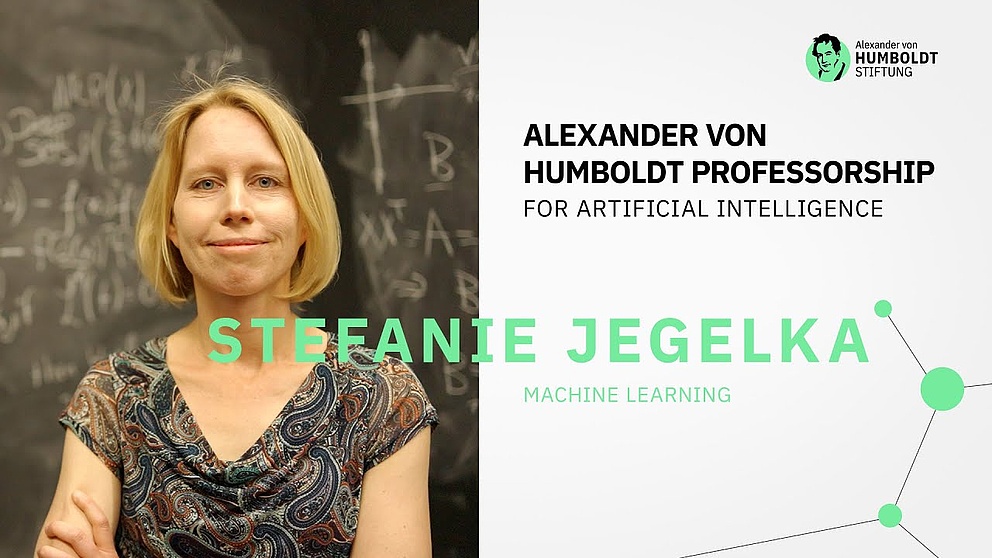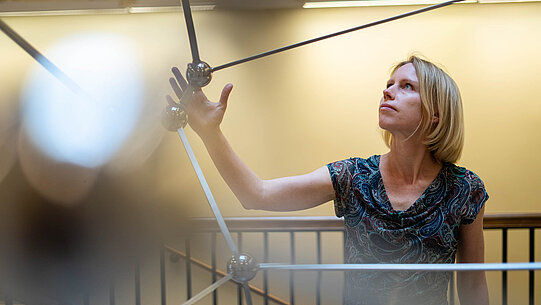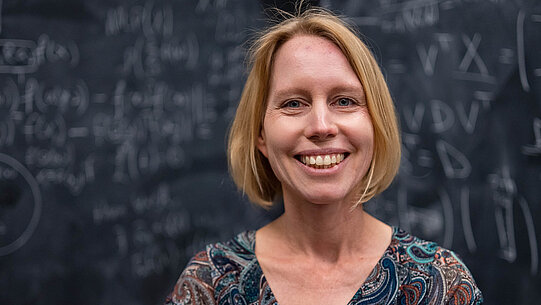Jump to the content
- {{#headlines}}
- {{title}} {{/headlines}}

Contact
Press, Communications and Marketing
Tel.: +49 228 833-144
Fax: +49 228 833-441
presse[at]avh.de
Machine learning
Whether we are talking new antibiotics or an agent to fight viruses, we are constantly searching for new drugs. With the help of artificial intelligence, drug research could become cheaper and faster because combinations of active ingredients can be devised on the computer. But for that to happen, artificial neural networks must be able to make really reliable predictions about the properties of certain molecules, combinations of active ingredients and their side-effects.
The problem is that in informatics, chemical molecules, just like social networks, financial markets and maps, are one of the features of the natural world that are captured in graphs. The type of data classified as graphs poses a challenge to machine learning because graphs comprise a number of points, nodes and vertices that are connected with one another at corners and edges and form pairs. The connections are just as important for making statements about the properties of the respective entities as the individual data themselves - just as the properties of a molecule are determined not only by its individual atoms but also essentially by their configuration and bonding.
Artificial neural networks that process graphs are known as graph neural networks (GNNs). Until now, we have only partly understood how they need to be trained in order to ideally be able to reach reliable outcomes beyond the datasets they have learned when they are confronted with assessing unknown data. In addition to other outstanding work on machine learning, Stefanie Jegelka has made crucial contributions to optimising graph neural networks. Her theoretical observations have helped to improve GNN architecture; she has investigated the form in which the data should be presented to the machine, how the networks can be taught to weight connections correctly and what is actually going on in the inside, in the network’s black box. Thanks to these fundamentals, the statements made by GNNs have become more robust, traceable and reliable.
At Technical University of Munich, Stefanie Jegelka is invited to assume a professorship for Foundations of Deep Neural Networks, reinforcing the field of machine learning. Her aim will be to improve our theoretical understanding of machine learning and develop efficient algorithms as well as trustworthy machine learning tools.






